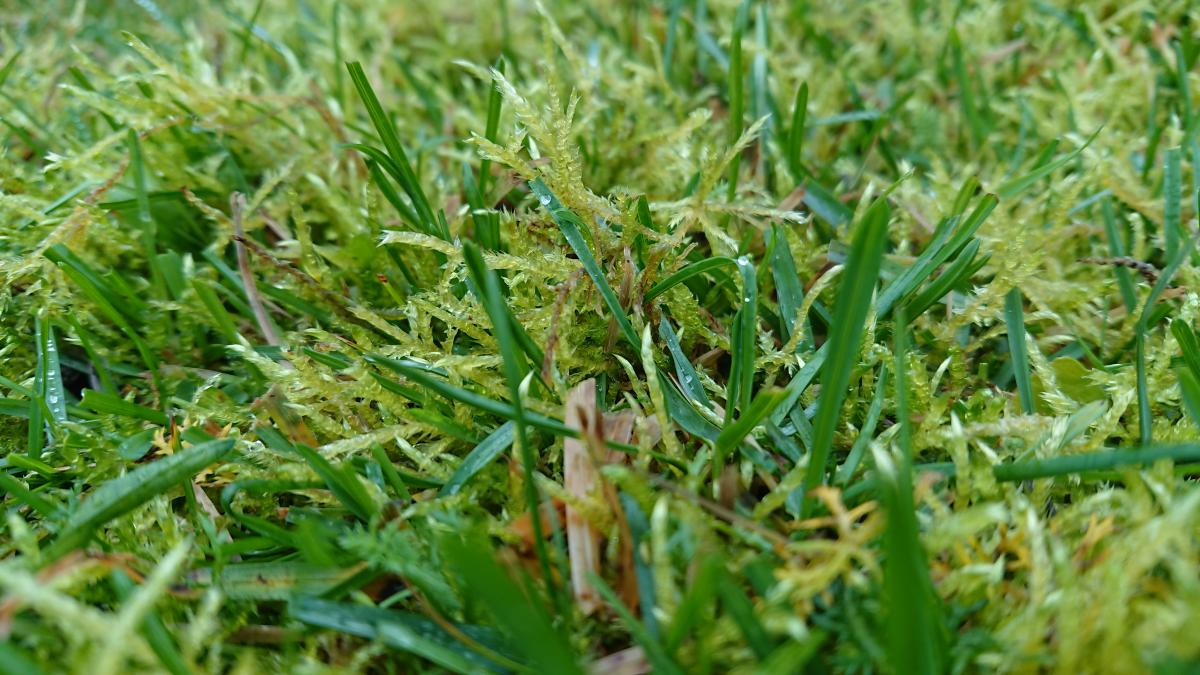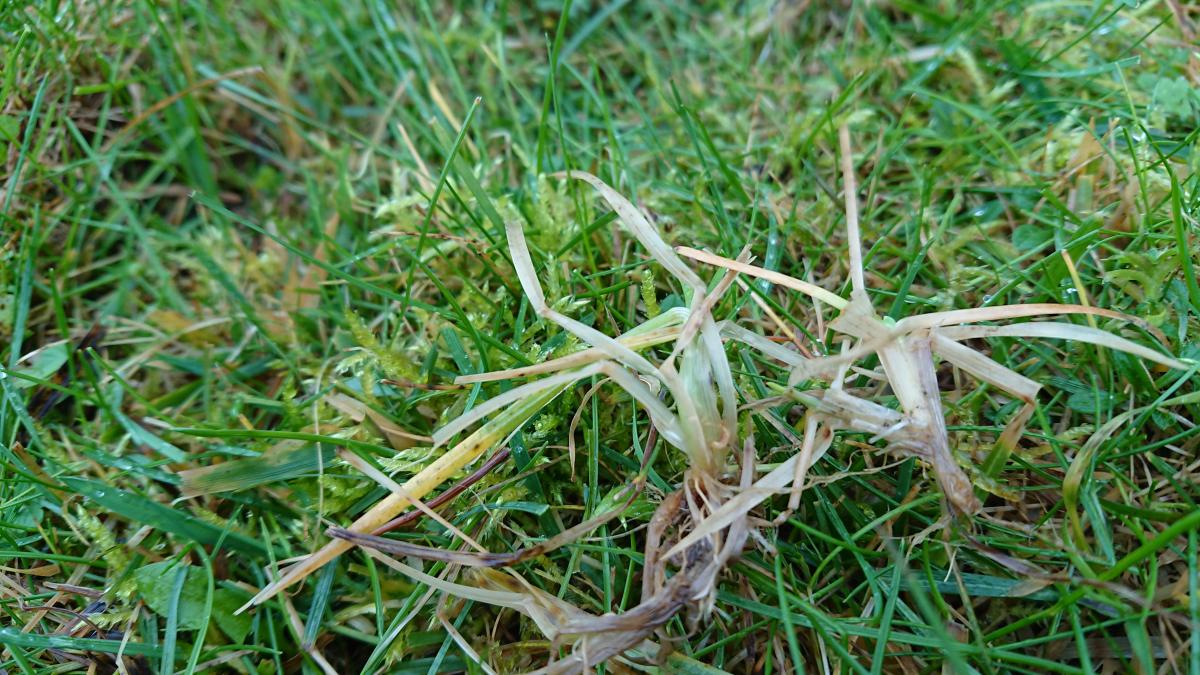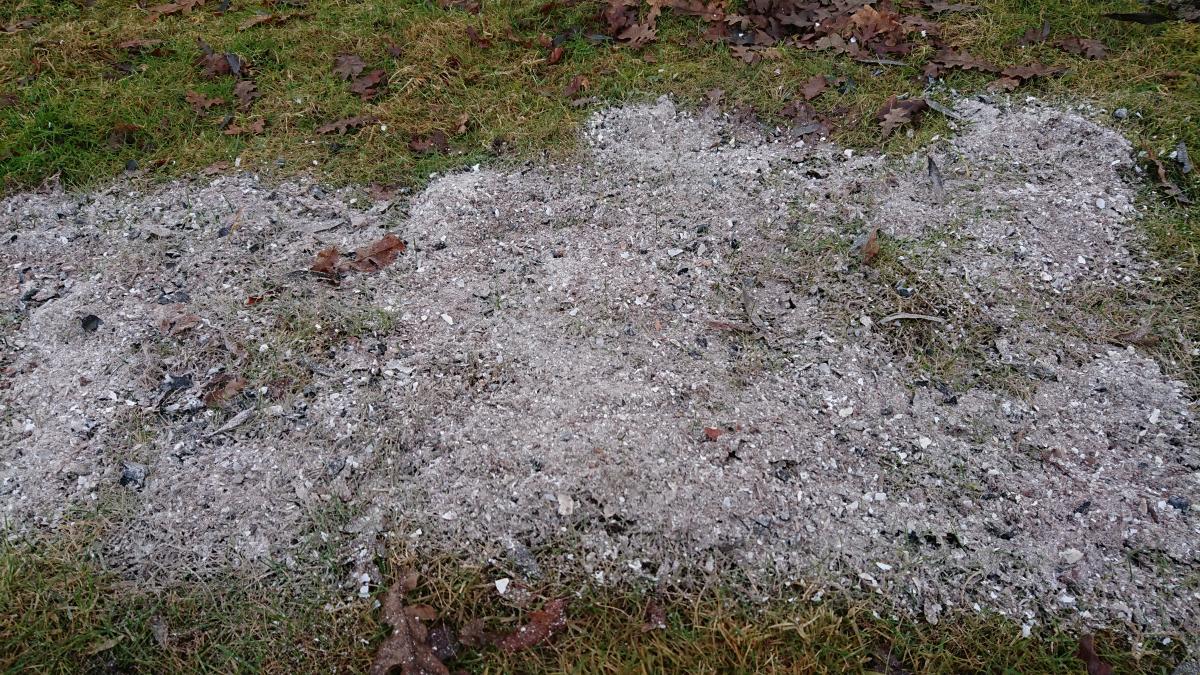It Only Takes a Couple of Years of Sheep-Raising to Turn Lush Grass into Moss
We originally started keeping sheep mainly because we didn’t want to deal with mowing our inner yard, which is rather large (1 hectare). While that part of the plan has been a success, we are now starting to have the opposite problem.
The once lush grass has become weak because of the long-term stress of constant grazing, and moss is taking over:

Here we can see how pieces of grass have been rooted out by sheep. We assume this is because grass roots have become weak.

We think that in general, the reason for this process is too much continuous grazing and a relatively wet climate.
So how can we turn this process around? In commercial sheep farming, a rather common approach is to plough the pasture every 5 years or so, and often it’s combined with reseeding. That measure seems to be a bit extreme for our yard though.
In our case, it’s probably the easiest to admit that the “10 sheep per 1 hectare” rule of thumb might be a bit too much for our specific case. Our sheep have had almost year-round access to all of the grazing area, so the grass hasn’t had any time to recover. We’ll have to reduce this long term stress and make the environment less moss-friendly.
These are the solutions that we will try out:
- one by one, we’ll create new pastures outside our 1-hectar yard area (for which we can use a couple of extra hectares at maximum), and we’ll try and practice rotational grazing
- we’ll limit the size of our flock – we won’t breed our ewes this autumn and for next summer, we’ll keep 7 to 8 ewes, aged 1 to 5 years
- during the winter, we’ll take the ashes from our wood stove and lay it on some of the spots with lots of moss, and we’ll see if the grass grows faster on these spots next spring. I found out about this method thanks to a forum post which is here
- We’ll try aeration in the spring.
Here I have just spread a bucket of ashes on the grass:

Because the amount of ashes we produce is very small, it is more like a proof-of-concept experiment. We’ll see.